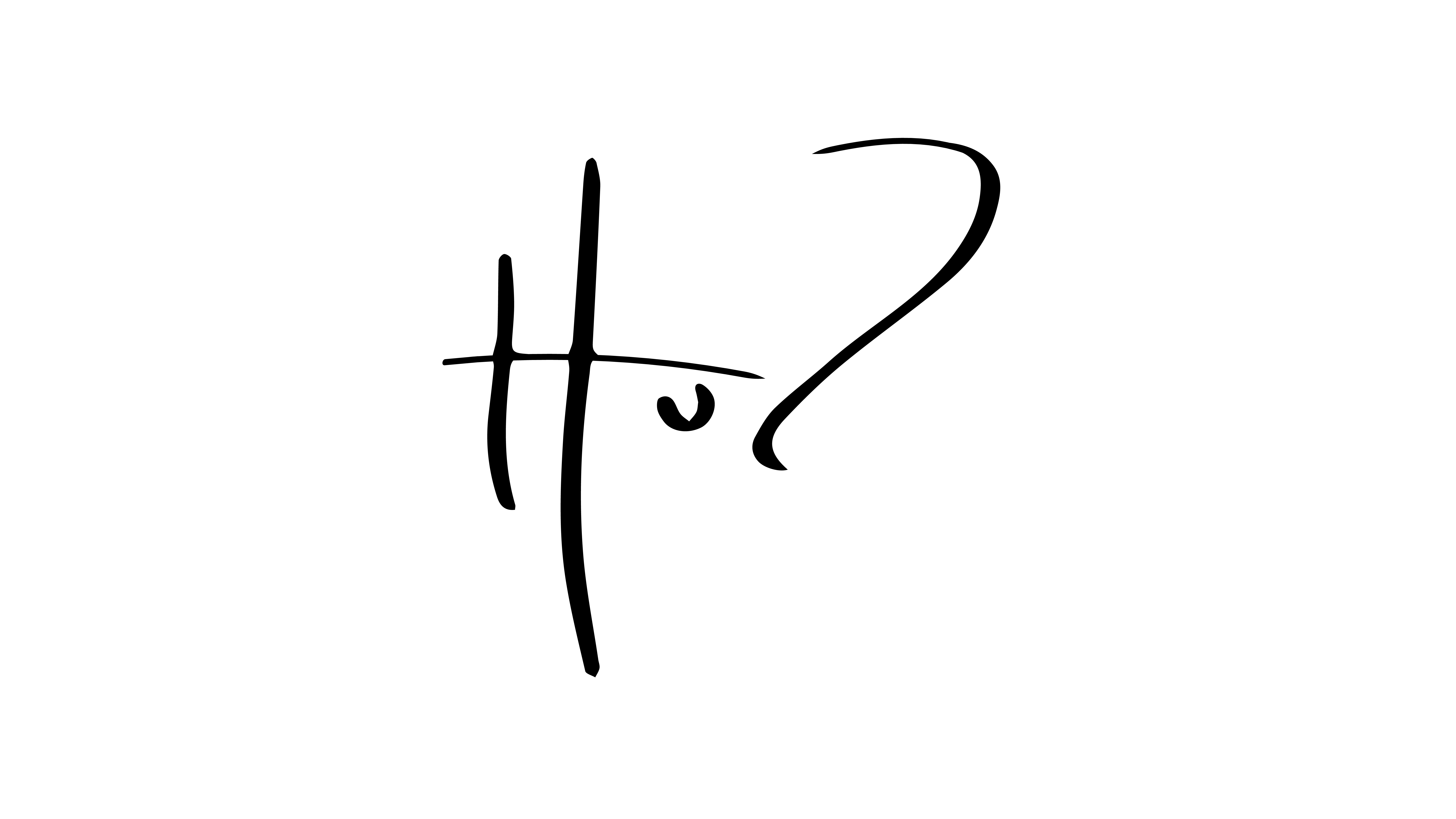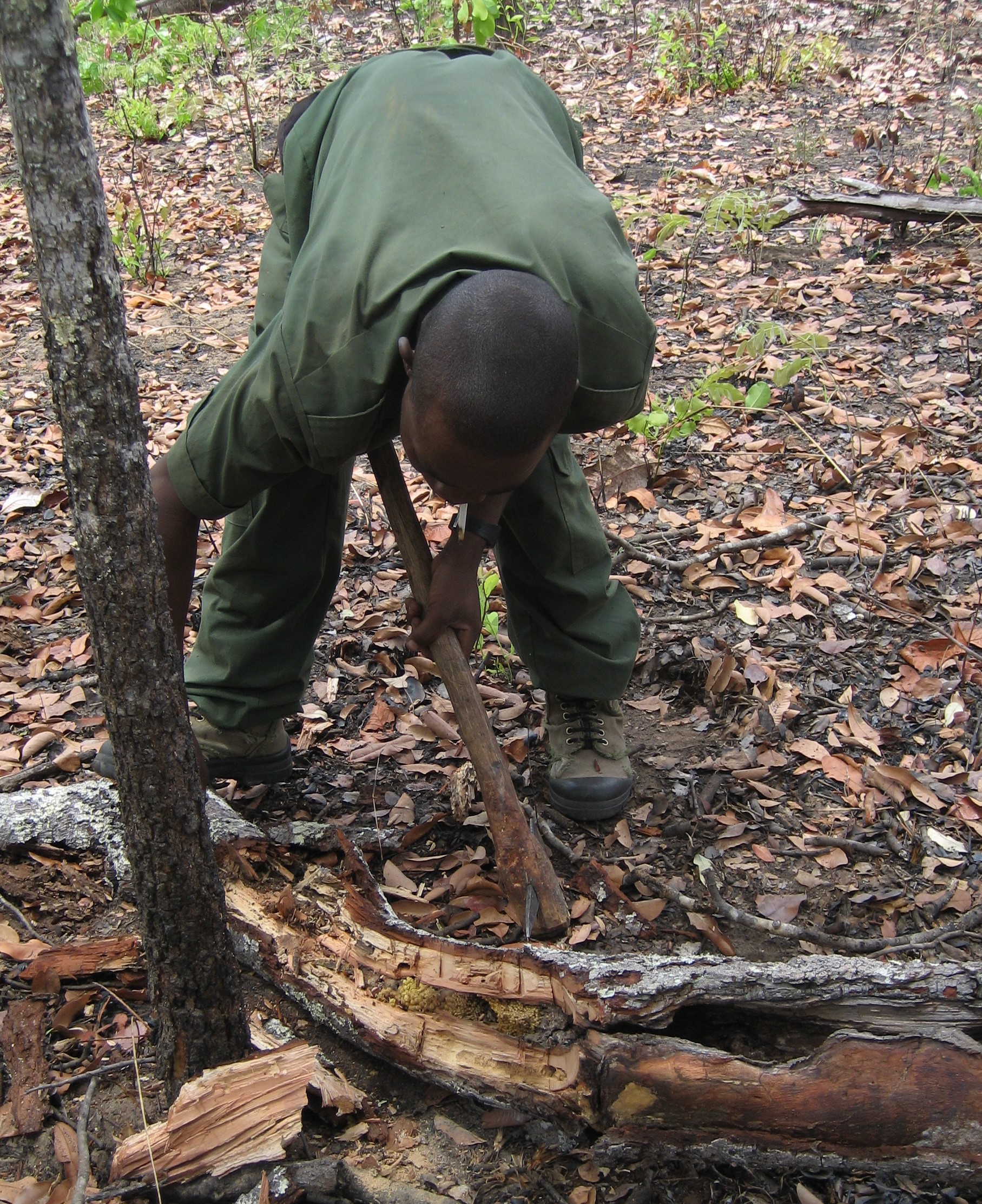You can listen to the voice recording, or read through the text below.
Enjoy!
The African wilderness holds many perils and as many irritants. The perils – dangerous animals, poisonous insects, running out of water, getting lost – can usually be avoided if you understand the bush and are vigilant and careful. The irritants can usually not.
At the top of my irritant list are the little black bees. Tsetse flies are an irritant of note too, but they do not like coming into the sun, so unless you are spending time under a shady tree where the surface is a bit sandy, there won’t be too many of them.
The little bees, however, seem to be omnipresent – in force. They are perpetually moisture-starved and constantly, I mean, con-stant-ly, swarm around your head and crawl into your eyes and nose and mouth and ears, or settle on your sweaty arms to lap up whatever body moisture they can. They will even gather it from carcasses. The only relief is at night – then they pass on the baton to the mosquitos.
The little bees are stingless. They build their nest in hollow trees or other cavities that are difficult to access for raiders, such as badgers, baboons, monkeys, and us. The entrance is a tiny tube, thinner than a pencil, almost invisible among the bark folds. The only giveaway is the movement of the bees as they arrive and leave. But they are tiny, only about three millimetres, and you must be extremely sharp to spot them. Your best chance is in the late afternoon when the sun is low and the light reflects off them as they swarm around the nest, like dust in a shaft of sunlight.
They are a nuisance, but their nests are a great boon to find in the bush if food is running low. The sharp-eyed Kais, one of our two African companions (the other was Kgalilaga), spotted this nest high up in a bachystegia tree. We were not in any survival trouble, but the mixture of honey and propolis and bee larvae was a tantalizing treat. My brother Phillip, who accompanied me on this expedition, had never tasted it, so Kais was given permission to climb up to the nest.
It was not possible to break open the nest at the top. Kais had to chop off the whole branch that housed it. Down on the ground he shaved away the wood till he reached the honey. This was done with remarkable skill, using his axe – a tool made from a piece of motor car spring blade shaped into a triangle, and driven through a thick knob at the end of a sturdy stick.
The honey was sweet, but not too sweet, and with other subtle flavours which I can never place. It is believed to be highly nutritious and to have medicinal properties too – anti-bacterial and anti-inflammatory. I have found that eating more than a few mouthfuls can upset one’s tummy though – but then, the nest being so small, that is all you will usually get.
I stood watching all this violence to the tree and the little bee’s home with mounting sadness. More then once I had the urge to stop Kais from chopping off the branch. But our African companions were eager for the honey, and it was good for Phillip’s experience; not least that it illustrated the blunt logic of survival. At the midday break I wrote in my diary:
It is the ancient logic of the African wilderness. The weaker falls prey to the stronger, the swifter, the cleverer. The weaker must innovate ways to survive – for the little bl;ack bees, it is the art of concealment. It is a logic without sentiment, without compassion, without reason other than survival. Many armchair bush theorists try to bring all kinds of human emotion and Western notions into it, but the fact is, if you try to contradict Nature, you are on a futile quest, which will, in the long run be doomed to sadness and disappointment.
Afterwards I thought a lot about what I had written. We humans are so brutally destructive to Nature. It is true that we became the dominant species through our naturally acquired abilities to explore, discover, innovate, make and organize. So the fact that we have become so powerful is a logical consequence of natural processes.
Where we as a species are going wrong though, is that we, through our arrogant ambitions, destroy the very Nature that had enabled our dominance. There will come a point that we will realise that, despite our creations, we remain far weaker than Nature, and we need Her. By then we will have perverted our environment to the point where it cannot be turned around. All that will be left will be for Nature to destroy our species – She will, with far less compassion than Kais had destroyed the life of the little black bee colony.

